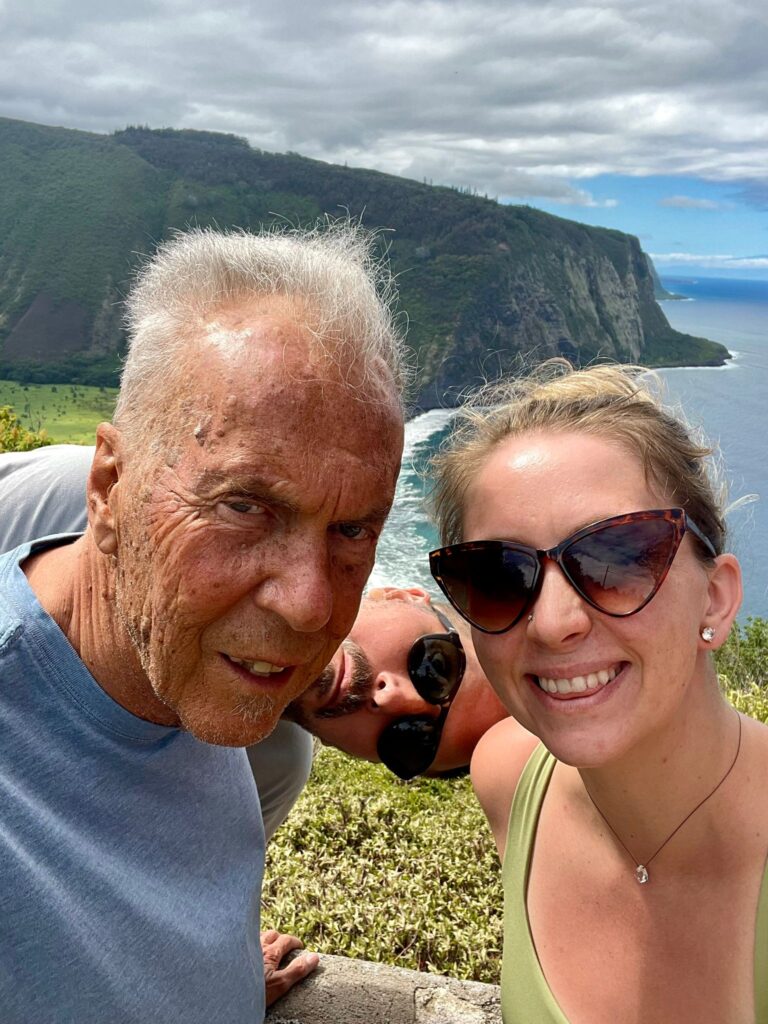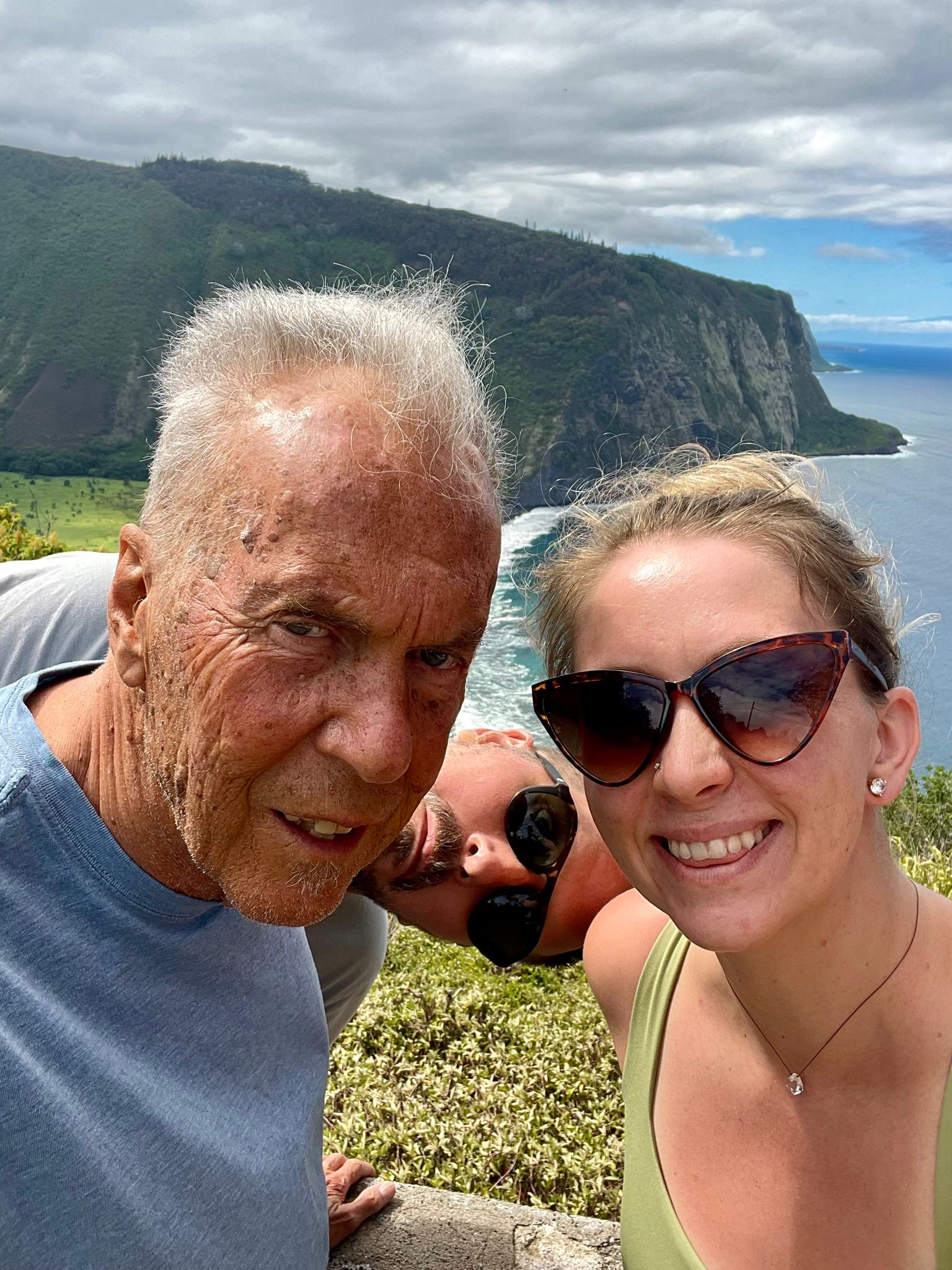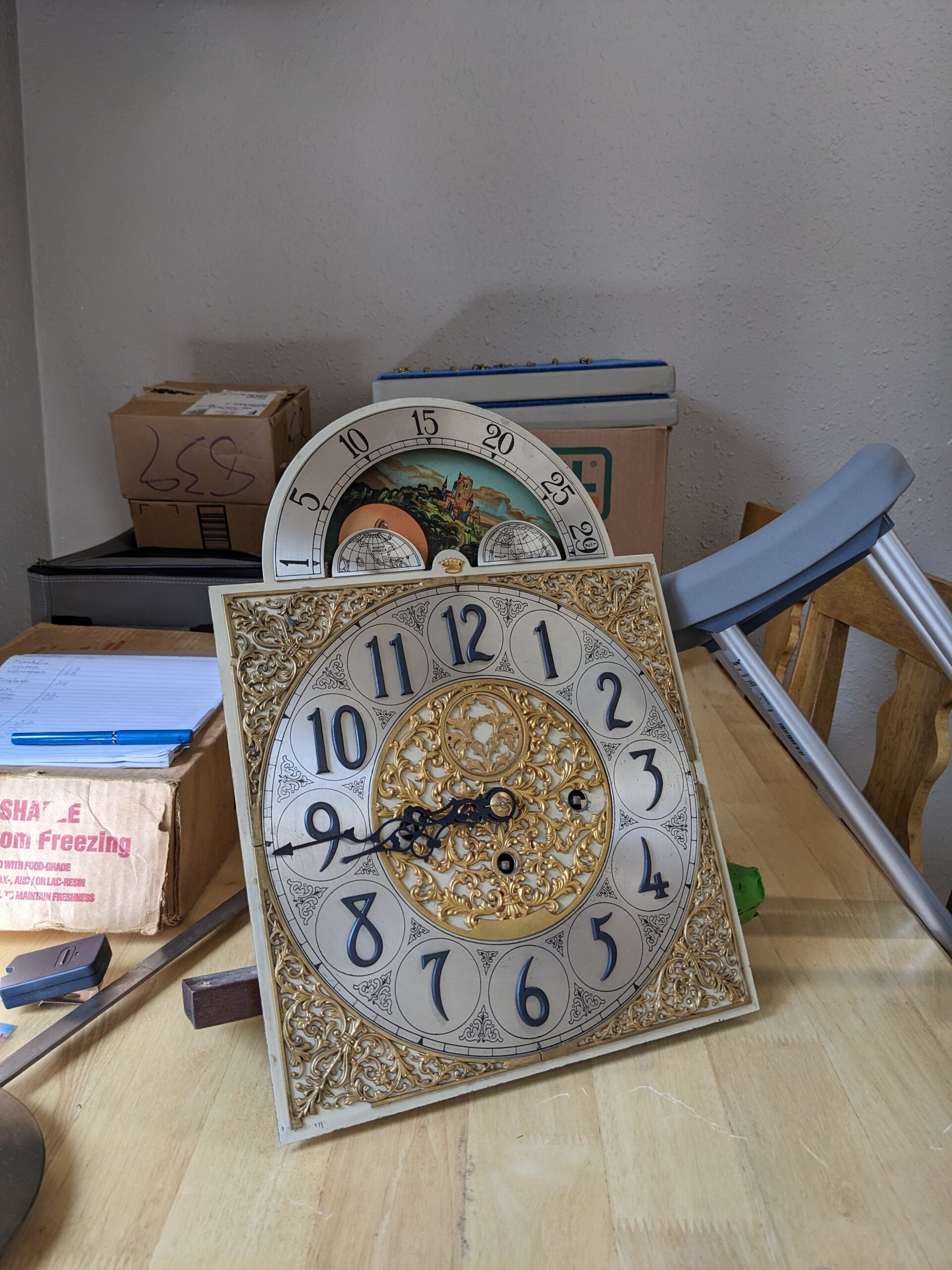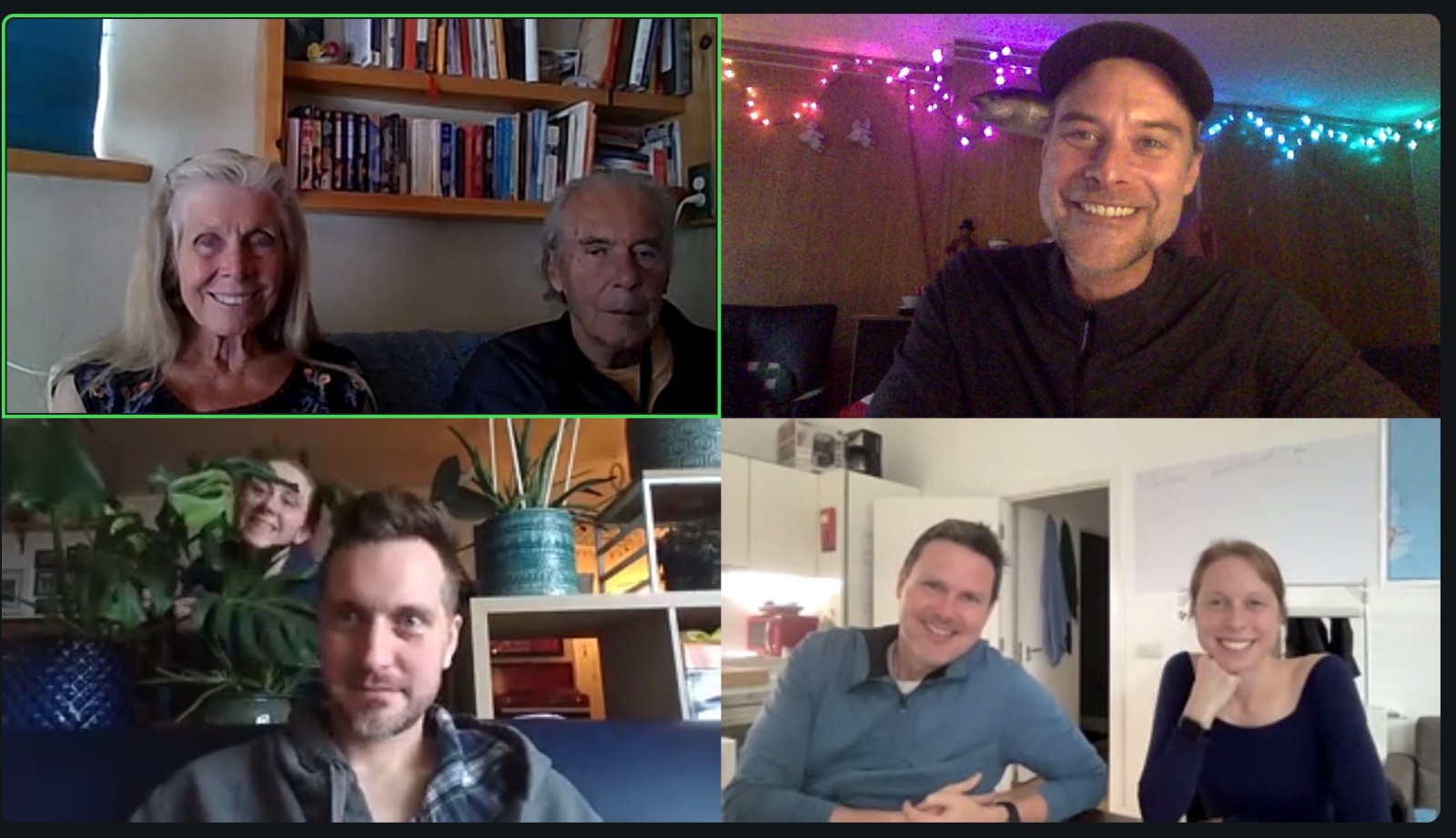
There is not one solution for every patient, except to be open to learning new ways of communication.
Parkinson’s has an effect on a patient’s voice and therefore on their ability to communicate.
During Andy’s first 10 years living with Parkinson’s, his body shook like hell. The list of what he couldn’t do anymore was extensive and grew longer as time went on.
But his voice was strong and clear.
I write, in Your Wildest Dreams: A Parkinson’s Love Story, “Our saving grace was Andy’s ability to speak normally. His voice was my teacher when I had to learn to do the things he used to do. It was the primary way he expressed himself and was one of the only ways we could access our previous life. His courage and strength existed in his voice. It was a balm to my spirit and kept us connected.”
During Andy’s second 10 years living with Parkinson’s, he had DBS (deep brain stimulation) surgery and his shaking completely stopped. Many of his physical symptoms eased, but his voice entirely disappeared. For the last 10 years, Andy’s voice remains suppressed by the electrodes in his brain. He can whisper very quietly and even be understood when he is in a totally quiet room or office with no other sounds.
Andy’s vocal response to DBS was extreme and doesn’t happen to most people, but most people with Parkinson’s do experience changes in their voices. Some need to attend special classes in speaking more loudly and other patients words can become garbled.
There is not one solution for every patient, except to be open to learning new ways of communication.
Everyone living wants to be able to communicate. It was suggested to Andy and me that we learn sign language. This could be a solution for some but was too hard for us. An occupational therapist suggested Andy try using a brightly colored device that he could type his thoughts into and the machine would say them. This turned out not to be a solution for Andy.
My point is that there are many possibilities for learning new ways to communicate and the new wave treatment for voice issues in Parkinson’s disease, is to individually find what works by remaining open to the possibilities and aware of the importance of communicating.
Andy’s solution, war to try a 2nd surgery with new placement of brain electrodes, LSVT classes (a program to help patients who cannot discern the volume they speak with), speech therapy and electronic devices without success. Nothing has really worked.
Andy whispers quietly and is sometimes heard if we are in a very quiet place and all attention is on him.
We have not been wholly successful in dealing with this symptom and we remain aware of the damage it causes. We live with that and the most grace and acceptance we can muster.
This symptom is a hardship. We know it doesn’t have to be for everyone and we hope it isn’t for you.






Be the first to reply